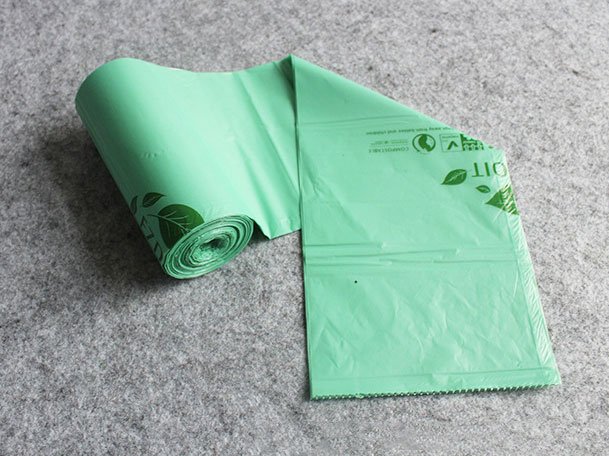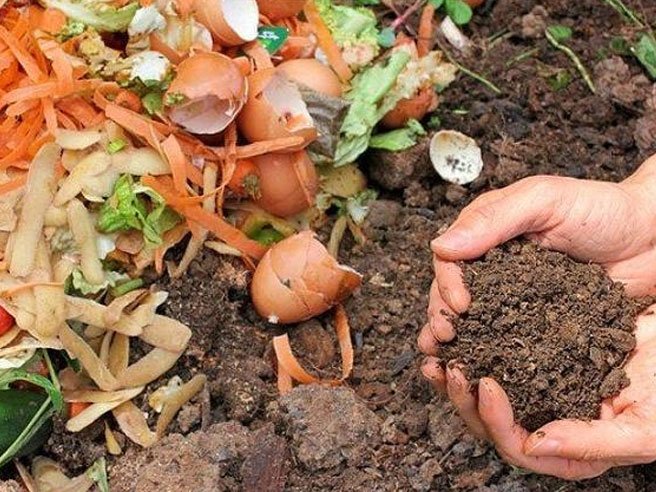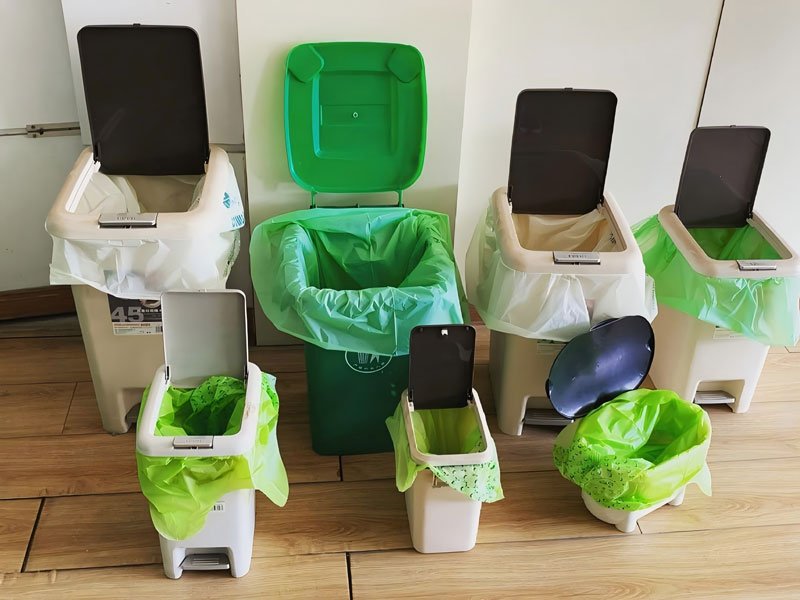For environmental enthusiasts around the world, the advent of compostable bags can greatly reduce the pollution of plastic garbage bags to the environment, which is a good thing. However, at the same time, many people have doubts about the question of "are compostable trash bags better for the environment". This article will elaborate on this issue and hope it will be helpful to you.
Traditional Plastic Trash Bags
Traditional plastic trash bags have been a staple in households for decades. However, their convenience comes with a significant environmental cost. Made primarily from non-renewable resources like petroleum, these bags are not biodegradable, meaning they do not break down naturally in the environment. Instead, they persist for hundreds of years, contributing to plastic pollution that harms wildlife, contaminates soil and water, and exacerbates climate change.
The production of plastic bags also consumes large amounts of fossil fuels, further contributing to greenhouse gas emissions. Moreover, the disposal of plastic bags often ends up in landfills or as litter in natural environments, where they can take centuries to decompose. This prolonged persistence in the environment leads to entanglement and ingestion by animals, causing unnecessary suffering and death.

The Environmental Impact of Traditional Plastic Bags
- Long-Term Pollution: Plastic bags do not biodegrade; they photodegrade, breaking down into smaller pieces called microplastics. These microplastics can be ingested by animals and enter the food chain, potentially harming human health.
- Resource Consumption: The production of plastic bags requires significant amounts of oil, which could be used for more sustainable purposes.
- Wildlife Harm: Plastic bags resemble jellyfish or other edible items, leading to ingestion by marine animals. This can cause blockages, nutrient deficiencies, and even death.
Advantages of Compostable Trash Bags
- Rapid Degradation: Compostable bags are designed to break down much faster than traditional plastic bags. In ideal conditions, they can decompose in a matter of months, significantly reducing the time they spend in the environment.
- Reduced Landfill Waste: By using compostable bags for organic waste like food scraps and yard trimmings, we can divert more waste from landfills. This not only reduces the volume of waste but also helps to create nutrient-rich compost.
- Soil Health: When compostable bags are properly composted, they can contribute to healthier soil by adding organic matter. This can improve soil structure, increase fertility, and support plant growth.

Proper Use and Handling of Compostable Trash Bags
- Correct Use: Compostable bags should be used for organic materials like food waste, garden clippings, and other biodegradable materials. This ensures that the bags can be composted effectively.
- Proper Disposal: Compostable bags need to be disposed of in facilities that can handle organic waste. Simply throwing them in regular trash or recycling bins defeats their purpose and can contaminate other recyclables.
Limitations of Biodegradable Plastics
- Comparison with Traditional Plastics: Some biodegradable plastics may not break down as completely as expected, especially in environments lacking the necessary microorganisms. In such cases, their environmental impact might be similar to that of traditional plastics.
- Handling Challenges: The lack of widespread composting facilities means that many compostable bags end up in landfills or incinerators, where they do not decompose as intended. This highlights the need for better infrastructure to support the use of compostable materials.

Conclusion
Compostable trash bags have the potential to significantly reduce plastic pollution and promote sustainable waste management. By using these bags for organic waste and ensuring they are properly composted, we can divert more waste from landfills and create valuable compost. However, the effectiveness of compostable bags depends on the availability of appropriate composting facilities and consumer awareness about their correct use.
As we move forward, it's essential to invest in infrastructure that supports the composting process and to educate consumers about the benefits and proper handling of compostable materials. By doing so, we can maximize the environmental benefits of compostable trash bags and contribute to a more sustainable future.





